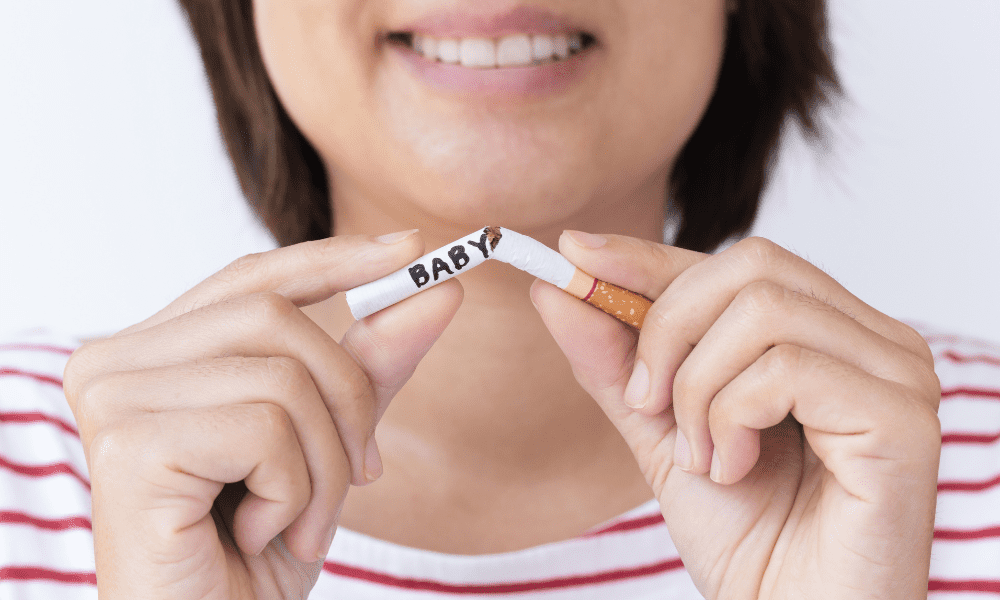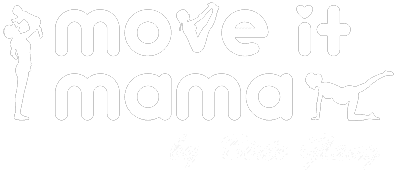Welcome back mama! Today we continue our postnatal nutrition series and today it’s the question: Are moms allowed to consume stimulants shortly after giving birth? We advise against it, below you will learn why…
Alcohol during breastfeeding
Alcohol passes directly into breast milk and can have a negative effect on the production, volume and composition of breast milk. This in turn can harm your baby, so be patient while you are still breastfeeding. Large amounts of alcohol, in particular, inhibit the milk-giving reflex and thus the flow of milk. After alcohol is consumed on an empty stomach, the level in the blood in breast milk is highest 30-90 minutes after consumption. If the alcohol was taken together with a meal, then the concentration shifts by an hour or more. If you drink alcohol regularly and more during breastfeeding, it can affect your baby’s sleep patterns, moods, and gross motor skills; it also promotes early habituation to alcohol. This restless behavior of the child can also negatively affect the mother-child relationship. It also decreases your own responsiveness. It can also cause developmental delays and damage to your baby’s health. However, studies show that when consumption is low and breastfeeding breaks are observed, there are no disadvantages in the child’s social, mental and motor development.
Professional opinion is somewhat divided when it comes to recommendations. If you take care to reduce/adjust your alcohol consumption accordingly and especially to observe the breaks before breastfeeding, then according to the American Academy of Pediatrics it is okay to take a two-hour break from breastfeeding after alcohol consumption. Here it is to be noted that here probably rather a smaller consumption of alcohol is assumed thus rather only an alcoholic standard drink and also no hard alcoholics. I myself lived in America for a long time. And my breastfeeding mom friends, have always said “the best time to have a glass of wine is actually during or right after breastfeeding”. Because by then, the alcohol has basically worn off by the time the next breastfeeding occurs. Depending on size and body weight, this takes roughly 2 to 2.5 hours for an alcoholic drink. Thus, it should last until the next breastfeeding. If this was not the case, then my friends had already pumped milk beforehand. As you can see, this method is not all that safe, which is probably why the German National Breastfeeding Commission advises against alcohol during the breastfeeding period, pointing out the high risks that alcohol poses for the baby.

Smoking while Breastfeeding
For all breastfeeding moms, it’s better to keep your hands off! The toxins in tobacco also pass directly into breast milk. The concentration of nicotine in breast milk is three times higher than in the mother’s blood. Negative abnormalities are observed in newborns of heavy smokers: Restlessness, lower suckling ability, colic and vomiting. In addition, weight gain slows and they wean more quickly. Heavy tobacco use inhibits the milk-giving reflex and reduces the amount of milk. But not only the toxins that get into the mother also the toxic breath is a danger for the baby. Therefore, I advise you to at least wait for the breastfeeding period, and at best to stop smoking altogether, as it also harms your own body. If you have problems giving it up on your own, you should still breastfeed, but only if cigarette consumption is minimal. In that case, breast milk still has advantages over artificial formula, but only if you follow these rules:
- Smoke only immediately after breastfeeding, because that’s when the nicotine concentration in breast milk is highest
- Keep an interval of two hours between smoking and breastfeeding
- Wash hands and face and change clothes after smoking (tobacco smoke on textile fibers, hands and face is particularly harmful)
This last point is underestimated, because everyone knows it: the smell of a smoker is difficult to get rid of completely. A smoker himself may not smell it, but non-smokers have a fine nose for it. And your baby even more so. It loves the smell of mommy, but if it’s constantly drowned out by the smell of tobacco, it’s not really helpful.
There are many organizations and social services that can help you quit smoking altogether, which I encourage you to do. Don’t be shy and ask for help. And if you are afraid of gaining too much weight due to the cravings for sweets that often accompany withdrawal, try short workouts as a distraction. It takes a little more discipline, but they help your body and mind “take your mind off things.” Try the two to ten minute workouts from the “Collections” in our app.

Caffeinated beverages during lactation
Coffee, black/green tea, and other beverages with caffeine can be consumed in small amounts (1-2 cups a day). Caffeine affects not only your metabolism, but your baby’s. Thus, in larger amounts, it can cause hyperactivity, restlessness, insomnia, and even withdrawal symptoms in the breastfed baby.
When does caffeine take effect? About 10-40 minutes after ingestion, it reaches the bloodstream. If you feel an immediate effect, it’s called the “placebo effect.” Your body completely breaks down caffeine about four hours after ingestion. As with alcohol and nicotine, it is recommended to wait at least this time until breastfeeding. Also be aware that caffeine can be found in chocolate and the like.
Is pumping milk useful?
Many moms believe that pumping breast milk can compensate for the consumption of various stimulants – unfortunately, this is not the case. Harmful substances such as alcohol, nicotine and the like cannot be reduced by pumping, because the concentration of the harmful substances is always related to the concentration of the active substances in the blood. Only when the harmful substances slowly disappear from the blood does the same thing happen in the breast milk. This means that you cannot “simply pump the stimulants out of the body with the milk”, so the milk is not only “contaminated” at that moment and the milk that is then produced is again completely free of nicotine, alcohol or caffeine. If you still cannot completely abstain from stimulants, then make sure that there are several hours between consumption and the next breastfeeding. My best advice is to avoid stimulants such as smoking and alcohol altogether.
My experience: Personally, I don’t smoke, and have rather completely abstained from caffeine with both children during breastfeeding. Here and there I have had a small sip of wine or champagne after breastfeeding in the evening on the weekend. However, this was more for toasting with friends and family. But a whole glass alone I already felt as much. On the one hand, because I was of course simply “not used to”, on the other hand, because the body is extremely challenged in the first months after birth anyway.

You are responsible for yourself and should always keep in mind that this time is temporary. Let that information sink in and decide for yourself how you want to deal with stimulants, so that now nothing stands in the way of a healthy and pleasant breastfeeding period for you and your bundle of joy.
Keep it Moving,
Your Birte
Try MOVE IT MAMA 7 days for free
We give you a trial week in which you can test MOVE IT MAMA free of charge and without obligation.


